How to prevent a hangover: 8 damage control tips approved by experts (and #6 is easier than you think)
Make sure to read this before your next night out!


Knowing how to prevent a hangover could be the difference between enjoying a social event to its full and regretting going out at all.
We all know that hangovers are no fun thing. The headaches, tiredness and sickness are bad enough on their own, but many parents know that the day after a night on the booze is even more torturous when you've got children who need feeding and entertaining the next day. Yet whilst the obvious solution may be giving up alcohol and investing in the best non-alcoholic wines instead, some of us don't want to quit our social drinking habits or favourite tipple forever.
“It’s important to note that everyone will metabolise alcohol differently, this explains why some people can tolerate alcohol better than others,” nutritionist Jenna Hope says. “Additionally, genetics can have an impact on how quickly alcohol is metabolised too. It’s not possible to completely prevent a hangover without moderating your alcohol consumption, yet some measures may help dampen down the impact of a hangover.”
With this in mind, we asked the experts on how to prevent a hangover, in the hopes of saving you from having to Google how to cure a hangover or the benefits of not drinking alcohol next time your toddler is demanding attention while you're nursing a sore head.
How to prevent a hangover - 9 expert-approved tips
1. Stick to one alcoholic drink per hour
The liver metabolises around one standard drink of alcohol per hour and it cannot speed up this process. Drinking more than one alcoholic drink per hour can result in getting drunk very quickly, and additional alcohol will accumulate in the blood and body tissues until it can be metabolised.
Bio-Kult nutritional therapist Hannah Braye explains: “One of the easiest ways of reducing the risk of a hangover is to stick to one alcoholic drink an hour (or opt for no or low alcoholic versions if you're drinking more).”
2. Choose your drinks carefully
While everyone’s body reacts differently to alcohol, there are some drinks which people tend to react to a little differently - and might give you a worse hangover.
Parenting advice, hot topics, best buys and family finance tips delivered straight to your inbox.
“Spirits are stronger in alcohol by volume than other drinks such as wine or beer.” Nutritional therapist Sophie Wedlock-Smith from SW Nutrition says. “Red wine, whiskey, tequila are healthier options than beer and sugary alcoholic drinks.”
She adds, “You can avoid having a hangover by choosing a good quality organic, sulphite free wine and you may adapt this to a spritzer to help reduce the toxic and dehydrating affects the next day.”
3. Hydrate while you drink
There are many benefits of drinking water, and by staying hydrated or consuming other soft drinks while you’re drinking alcohol, you could lessen the effects of a hangover the next day.
“An easy way to ensure some extra hydration during the evening is by using soda water and fresh lime as a mixer for spirits, or turn wine into a soda-spritzer and ask for a glass of water alongside your alcoholic drink.” Nutritionist Hannah says, “This will also reduce your sugar intake, helping to stabilise blood sugars.”
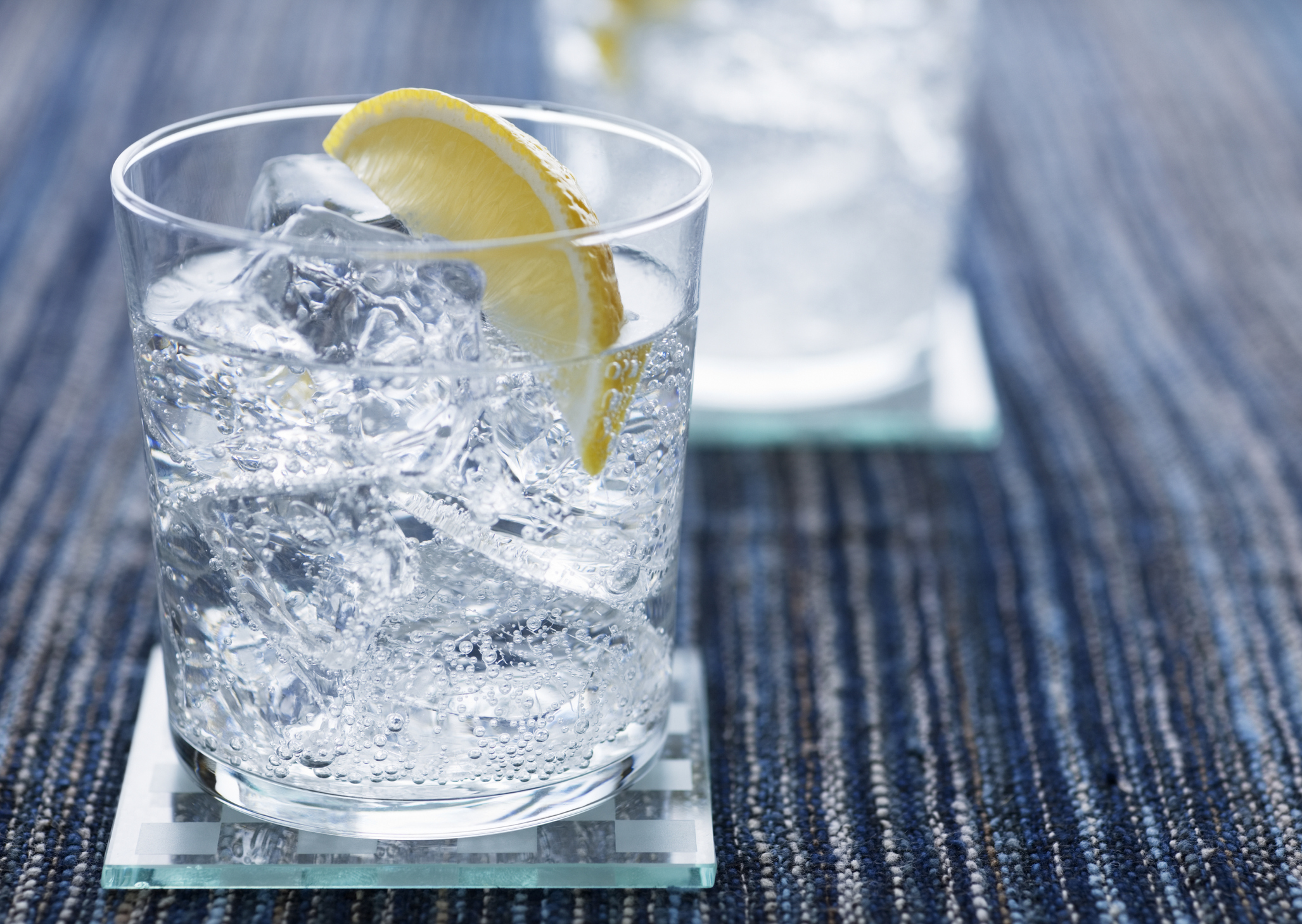
4. Eat before you drink
A good meal before a night out should help to prevent a hangover - but it needs to be rich in protein.
As nutritionist Jenna Hope says, “It’s common to think that carbohydrates should be consumed to ‘line the stomach’, but those who are drinking are better off consuming a balanced meal which contains a source of protein. Protein can slow down the metabolism of alcohol, which in turn can help to slow down the effects of alcohol and hangover symptoms.”
Examples of high protein meals include a traditional bolognese with cheese on top, a chilli with lots of different types of beans or a meal with fish.
5. Eat before you sleep
Before you go to sleep, eating another meal can also help prevent a hangover.
“Ever find yourself waking up really early the morning after you’ve been drinking, despite having gone to bed late? One theory is that this may be due to imbalanced blood sugars.” Nutritionist Hannah Braye explains, “Many alcoholic drinks are high in sugar, which our body has to process by taking out of the blood stream and putting into storage. To do this, the pancreas releases high amounts of insulin. However, insulin is very effective, so excessive release as a result of high sugar consumption can actually lead to low blood sugar crashes. This may be what wakes people up in the early hours.
“Having some food whilst drinking and before bed could therefore help to slow alcohol absorption (reducing intoxication) and stabilise blood sugars, by reducing the speed of uptake of sugar into the bloodstream.”
But stay away from the kebab shop on the way home, advises Hannah. “Eating refined carbohydrates such as chips, crisps and toast made from white bread may exacerbate blood sugar balances further, as these foods are quickly broken down into sugar by the body. Opting for protein and fibre-rich options is likely to be more beneficial. If a late-night kebab is your thing, opt for a sheesh kebab (made with real chunks of meat, rather than doner), with a salad on the side.”
She adds, “Otherwise a couple of boiled eggs, some plain yoghurt and fruit, baked beans on toast (made with wholemeal bread and low-sugar beans) or some oatcakes with nut butter on top when you get home are easy quick protein/fibre rich options.”
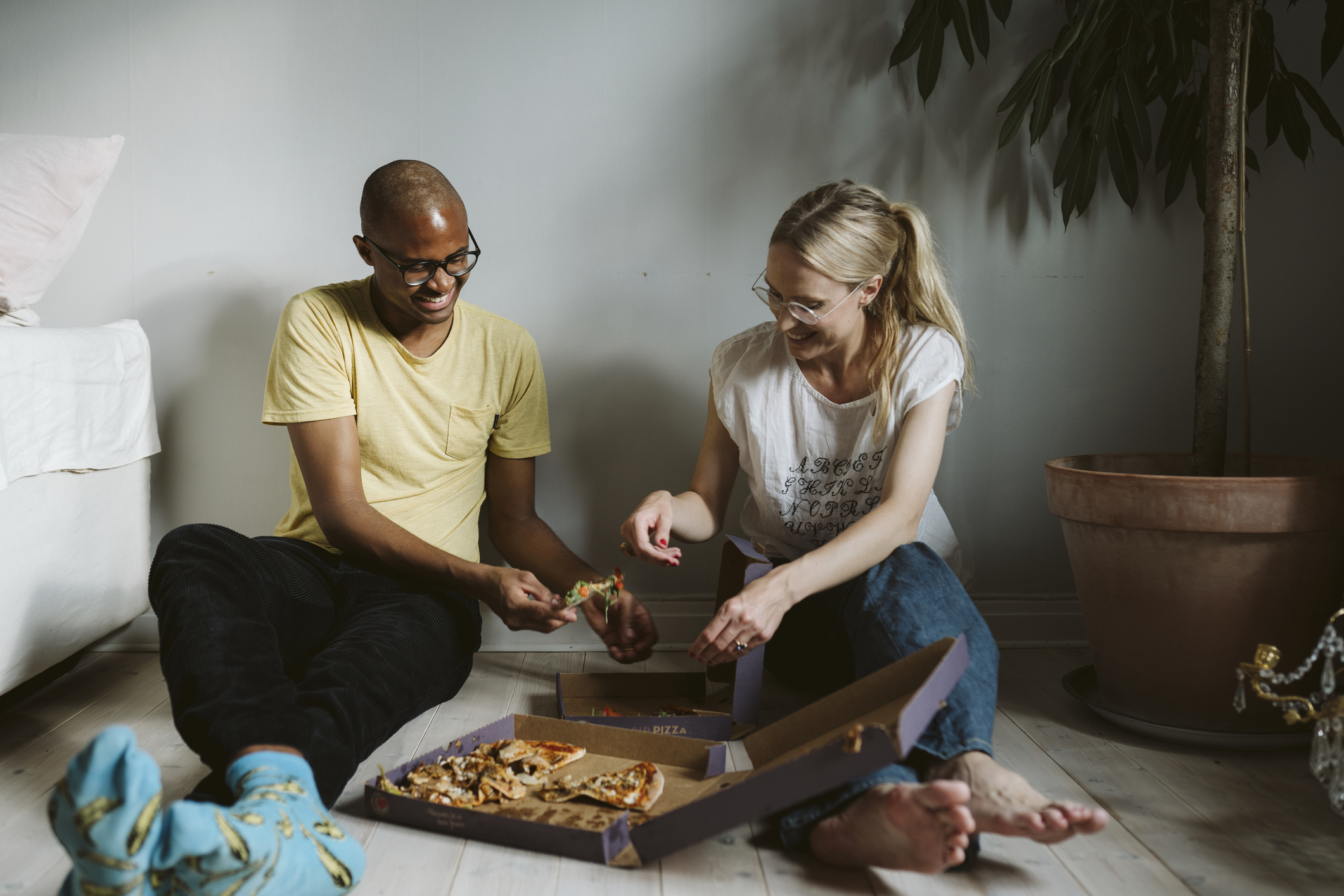
6. Have a pint of water before bed
This is one of the most famous tried and tested - and largely most successful - ways to prevent a hangover.
“One of the main culprits for hangover symptoms is dehydration.” Hannah Braye says, “Alcohol is a diuretic, meaning it makes us urinate more than usual.
“This, along with activities such as dancing that often accompany drinking, can lead to dehydration. Research shows that even mild dehydration can have a significant impact on cognition, mood, energy, digestive function and sports performance.”
“Drinking a pint of water just before going to bed will hopefully save you from waking up in the morning with a mouth like the Sahara, and may help with detoxification processes overnight.” She says, “Making sure you rehydrate the next day is also likely to help ease commonly reported hangover symptoms such as thirst and headache.”
7. Make sure you get enough sleep
If you’ve ever gone to bed late after drinking and woken up in the early hours, you’ll already know that alcohol has a major impact on your sleep.
A study in the Alcohol and Alcoholism journal found that booze impairs quality of sleep and the amount of time your body sleeps, while frequent alcohol consumption can even disrupt your entire sleep schedule in the long term.
To prevent a hangover, getting a good night's sleep is essential. But parents will know that a lie-in isn't always an option - trying to fit in a social life along with raising kids doesn't always equal eight hours of rest (especially if you've been out drinking in the evening).
Try to get as much rest in as you can, and while all alcohol decreases sleep quality, some are worse than others. Avoid drinks with caffeine in - that means no Coca-Cola mixers, no espresso martinis and definitely no Jägerbombs!
8. Drink less
Naturally, the best way to prevent a hangover from ruining your morning is to not drink so much the night before.
There actually aren’t too many scientifically proven ways to prevent a hangover apart from this, explains City Dieticians founder Sophie Medlin. “Because we can’t get people drunk in the name of science, we haven’t had many opportunities to study this.” She says, “The key message is to not drink so much that you get hungover in the first place.”
But she adds, “Having alcohol with food slows the rate at which it enters your blood stream, giving your liver more time to process it and alternating drinks with water helps to prevent dehydration. Some people swear by an electrolyte solution before bed, but there isn’t any strong evidence that this will help.”

Are there any drinks that are less likely to give you a hangover?
There aren’t any specific types of alcohol that are better or worse for your health, Hannah says. “Rather it is the volume that alcohol is drunk in that is the issue, and other variable factors such as how much sleep you get, whether you have eaten, and even your genetics.”
Many alcohol drinks - and especially the mixers they’re served with - tend to be high in sugar and other stimulants, which cause issues with blood glucose balance. This effect of alcohol can lead to energy crashes, interrupted sleep and disrupt the microbial balance in the gut, which may exacerbate hangover symptoms.
Hannah suggests staying away from the following if you want to avoid a hangover:
- Fortified wines
- Sherries
- Liqueurs
- Cider
- Spirits with sugary mixers
“A pint of cider can contain as many as five teaspoons of sugar – almost as much as the World Health Organisation (WHO) recommends that you do not exceed per day. Carbonated fizzy drinks often consumed with spirits are also often very high in sugar.”
And in terms of avoiding a funny tummy the morning after, stay away from gin as it “appears to be one of the least beneficial for the microbial community living in our guts.”
Continue reading
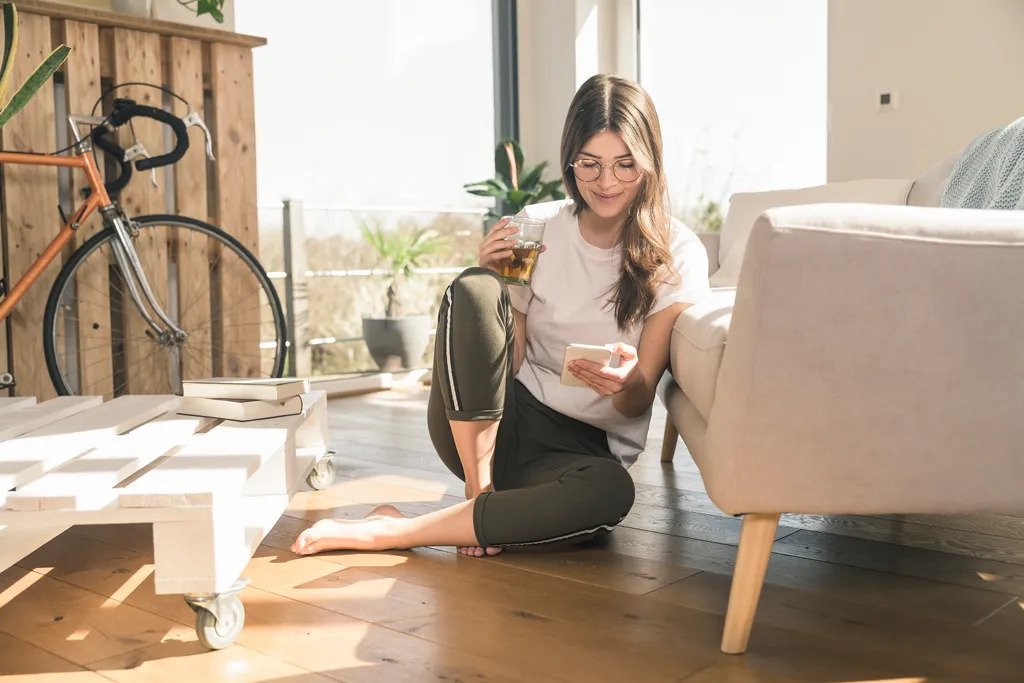
The effects of alcohol on skin and how to repair the damage.
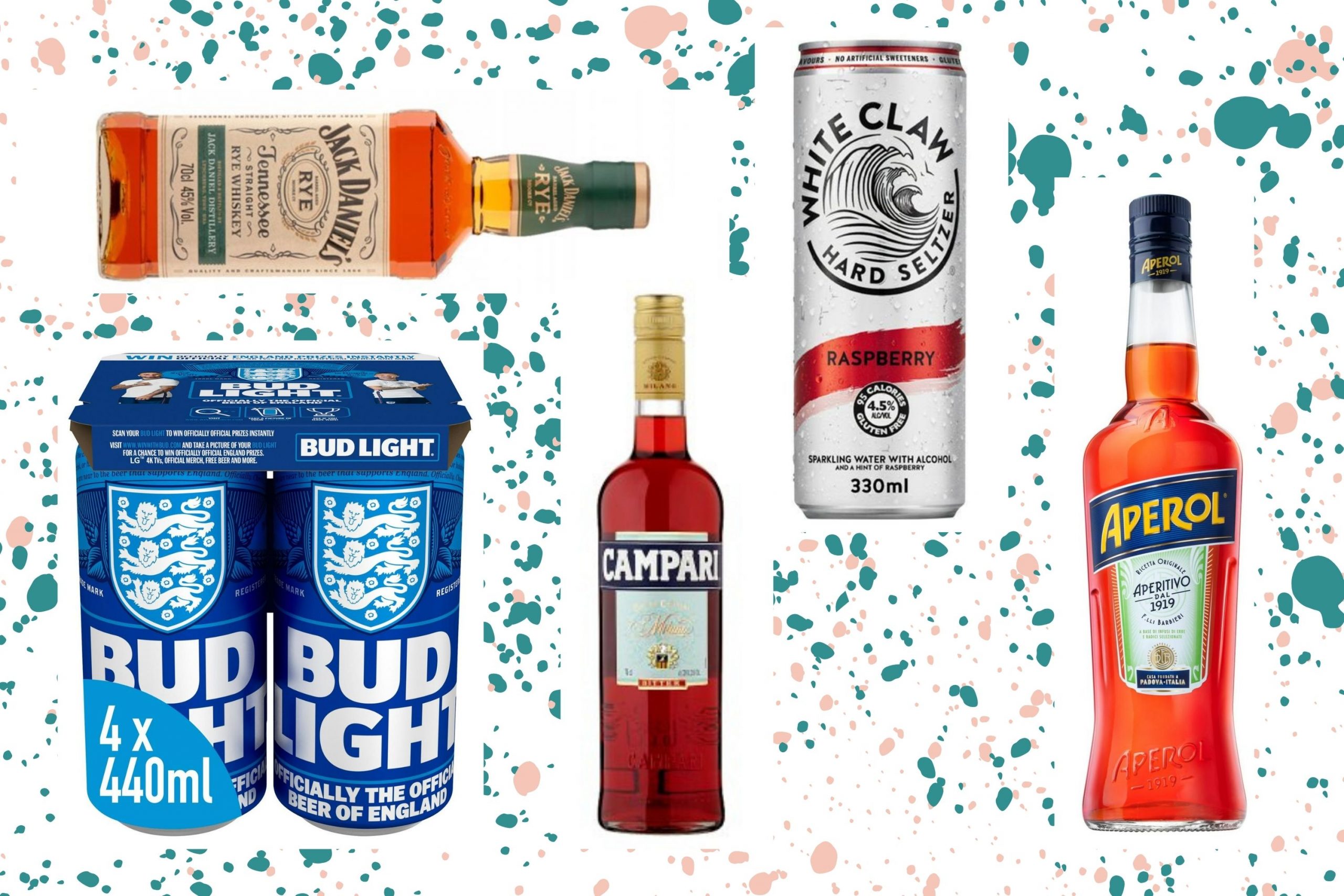
18 of the best low-calorie alcoholic drinks to try.
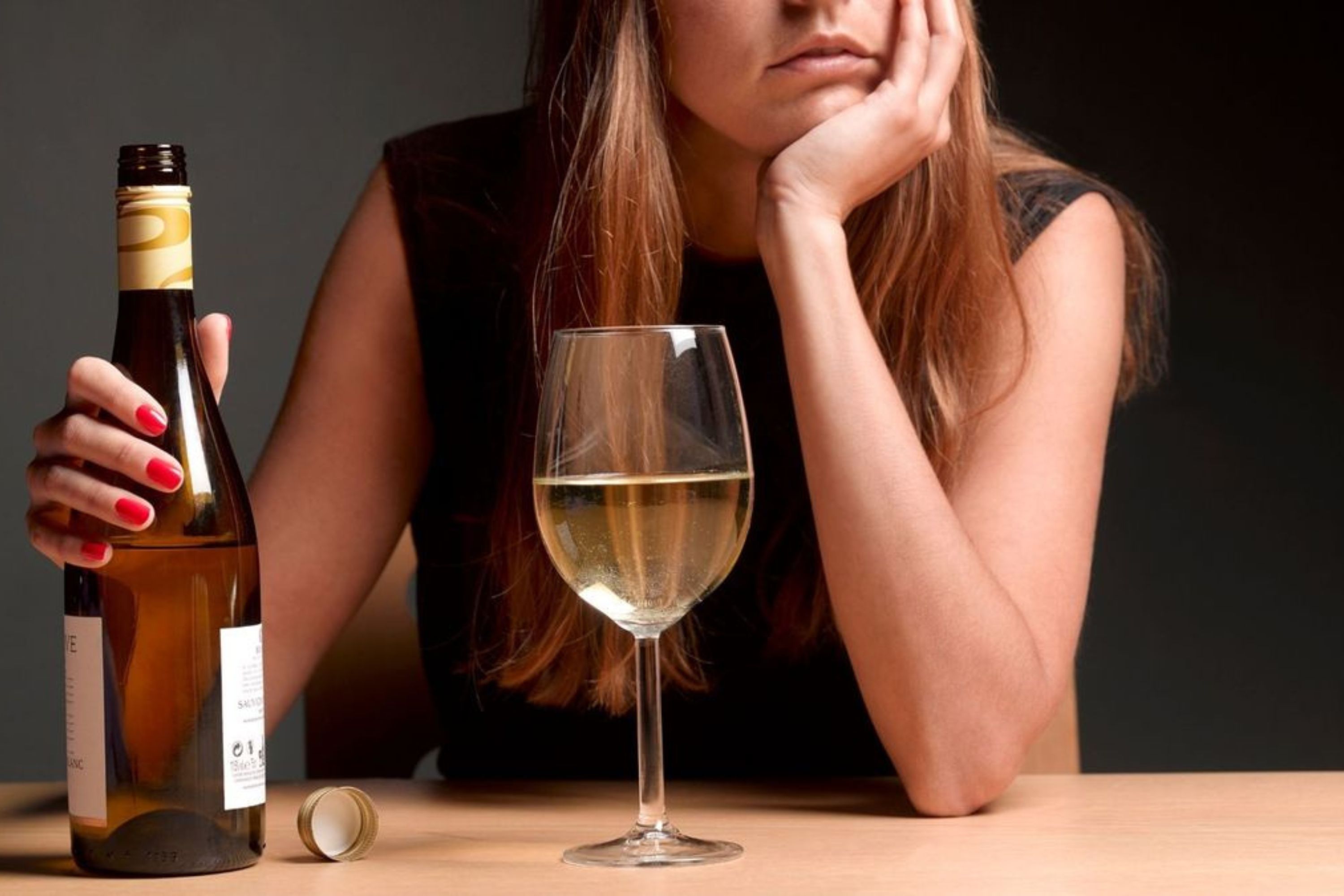
Can booze really be good for you? We explore the health benefits.

Ellie is GoodtoKnow’s Family News Editor and covers all the latest trends in the parenting world - from relationship advice and baby names to wellbeing and self-care ideas for busy mums. Ellie is also an NCTJ-qualified journalist and has a distinction in MA Magazine Journalism from Nottingham Trent University and a first-class degree in Journalism from Cardiff University. Previously, Ellie has worked with BBC Good Food, The Big Issue, and the Nottingham Post, as well as freelancing as an arts and entertainment writer alongside her studies. When she’s not got her nose in a book, you’ll probably find Ellie jogging around her local park, indulging in an insta-worthy restaurant, or watching Netflix’s newest true crime documentary.